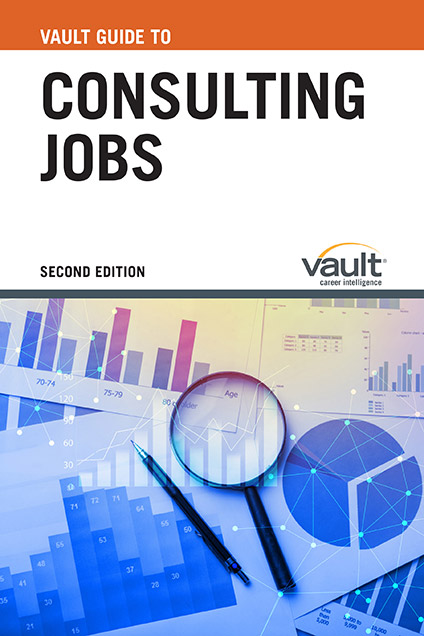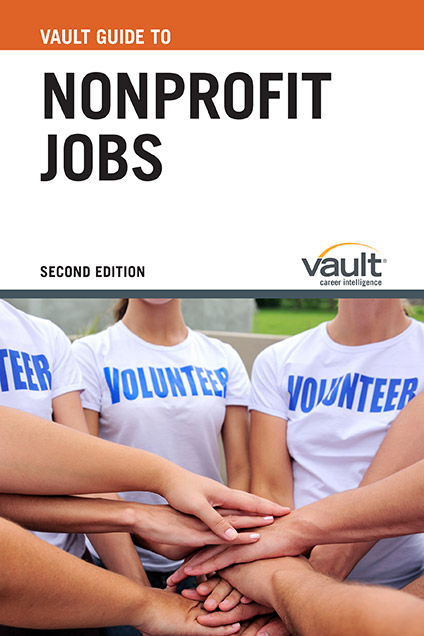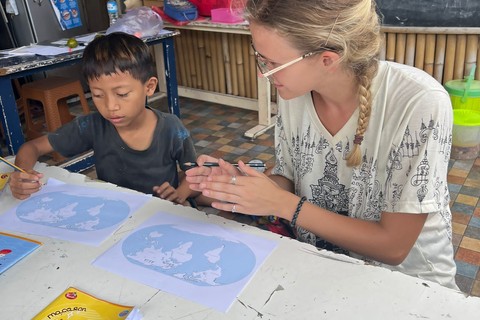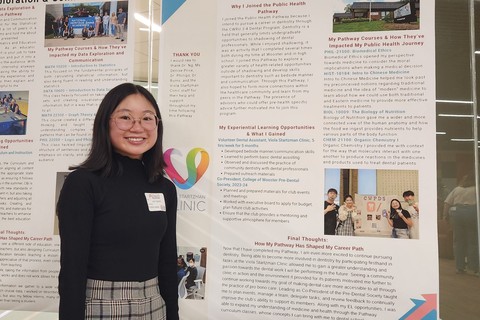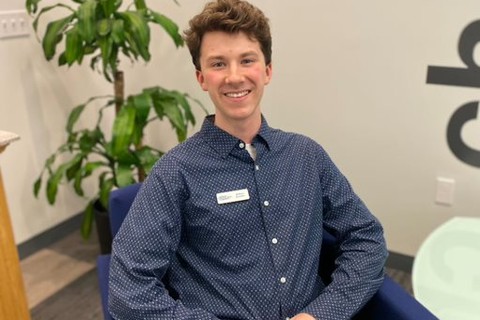

Environmental Communication & Action Pathway
Environmental problems have never been more pressing. You can read it in the news and see it in the changing local weather. How should we understand these problems? How can they be communicated? How can we take action to make positive change? Students in this pathway will explore these questions and prepare for careers that address the environmental problems of our time.
The Environmental Communication & Action Pathway will help students explore several ways to effect change: through communication (including artistic communication), political and social activism, and technological or institutional innovation. The pathway includes coursework on environmental problems and on strategies for communication or change, experiential learning opportunities in environmental communication and action, and reflection. Although clearly related to the environmental studies major, it draws on tools from several other disciplines and emphasizes the application of knowledge and experience after graduation.
Students who pursue this pathway will develop a better understanding of possible careers addressing environmental problems and of the skill sets that can help them to pursue a career in this area. Career opportunities include (but are not limited to) work in fields of:
- Environmental Communication
- Environmental Education
- Sustainability Coordinators with Businesses or Universities
- Work with Conservation Organizations
- Work with Governmental Agencies
- Renewable Energy
- “Green” Technologies
Take three (3) courses fitting the following descriptions.
- One course must be from the first category
- One course must be from the second category
- Each course must be from a different department
- Courses can count for more than one category (you will see them listed in each category they count for)
Some important provisions:
- Courses in the pathway can count toward graduate requirements (including those requirements within a major and/or minor)
- Students are encouraged to complete coursework outside of an intended major or minor
Category 1:
Understanding Environmental Problems
1-2 courses
- BIOL 35000: Population & Community Ecology*
- BIOL 35600: Conservation Biology*
- CHEM 10103: World of Air and Water
- CHEM 21600: Environmental Chemistry*
- ECON 24000: Environmental and Natural Resource Economics*
- ECON 29906: Economic Topics in Environmental Justice
- ENVS 10100: Intro to Environmental Studies
- ENVS 15000: Intro to Environmental Politics
- ENVS 16000: Science of Environmental Issues
- ENVS 22000: From Farm to Table: Understanding the Food System
- ENVS 29903: Urban Environments in Comparative Context
- ENVS 30003: Sustainability
- ESCI 11000: Environmental Geology
- ESCI 11200: Geology of National Parks
- ESCI 11500: Oceanography
- ESCI 27000: Paleoclimate*
- ESCI 27500: Modern Climate Change*
- HIST 10100: Introduction to Environmental History
- HIST 23800: The American West
- PHIL 21600: Environmental Ethics
- PHYS 10600: Environmental Physics
- RUSS 24001: Imagining Siberia
- URBN 10100: Contemporary Urban Issues
Category 2:
Communicating About Environmental Issues & Possible Solutions
1-2 courses
- BIOL 36500: Conservation Biology*
- CHEM 21600: Environmental Chemistry*
- COMM 25100: Communication & Social Protest*
- COMM 25900: Communicating Public Policy*
- COMM 26000: Environmental Communication*
- ECON 24000: Environmental and Natural Resource Economics*
- ECON 29906: Economic Topics in Environmental Justice*
- ENGL 16003: Nature and Environmental Writing
- ENGL 30000: Writing a Warming World: Climate Change and Narrative*
- ENVS 15000: Introduction to Environmental Politics
- ENVS 19906: Intro to Environmental Policy
- ENVS 22000: From Farm to Table: Understanding the Food System
- ENVS 24000: Environmental Innovations
- ENVS 29903: Urban Environments in Comparative Context
- ENVS 30003: Sustainability
- ESCI 11000: Environmental Geology
- ESCI 25000: Intro to GIS
- ESCI 27000: Paleoclimate*
- ESCI 27500: Modern Climate Change*
- GRMN 22806: Germany’s Nature
- PHIL 21600: Environmental Ethics
- PHYS 19901: Environmental Physics
- PSYC 22500: Environmental Psychology*
- SOCI 20300: Environmental Sociology*
- SOCI 29905: Social Movements
*Course has pre-requisite or requires instructor permission to register
PATH 11006: Initial Reflection
This course asks you to complete three basic steps:
- Spend time reflecting on several questions about why you’ve chosen this Pathway.
- Discuss your thoughts with other Activism students, faculty, and staff.
- Write about how your initial thoughts, the conversations you had with your Pathway community, and any new or different insights you have as a result.
PATH 22006: Career Planning
For this course, you will explore career and internship resources offered through Career Planning in APEX, specifically Handshake and Fighting Scots Career Connections. You will also craft a career-ready resume. We strongly encourage you to take advantage of the many resources offered by the Career Planning office to bring your resume to a truly professional level. Booking an appointment with a Career Planning staff member or peer advisor to go over your resume is strongly recommended.
PATH 33006: Experiential Learning
This course asks you to complete an authentic, hands-on experience in one of the career areas you’re exploring. It is more than simply having an experience, however. In order to maximize the benefits and learning you gain, you will deliberately walk through goal setting, planning, and “preflection” (pre-reflection) before you complete the career experience. During and after your experience, you will spend time considering what you learned about yourself from the experience and how those lessons might impact your next career steps. Completing this thorough, guided process is what makes this “experiential learning” rather than just an experience.
**Note that this course will require you to complete some components BEFORE registering**
Steps to complete PATH 330:
Before Registering:
- Explore a range of possible experiences that will help you further your career goals.
- Plan your EL experience, taking advantage of resources and assistance offered by faculty or staff on the Pathway team, someone from APEX’s Experiential Learning & Community Engagement Office, Wooster alumni working in the career field, and/or your own connections in the field.
- Complete the EL Approval Form & gain official approval from your Pathway faculty/staff team.
During the Course:
- Complete your EL experience (can be done before or during PATH 330).
- Upload your EL Verification Form.
- Submit your post-EL reflection.
PATH 44006: Final Reflection
When you’ve completed all the elements of the Pathway – PATH 110, 220, 330 and your chosen topical courses – you will reflect on your total Pathways experience with questions like: What did the topical courses teach you that are relevant to this career area? What are the career lessons from your experiential learning experience(s)? How did your perceptions of this career area and your place in it shift over time and where have they landed for now? When you step back and look at the bigger picture of your Pathways experience, in what ways are you stronger and more prepared to take your next career steps?
You will present your reflections publicly, which both encourages significant reflection and benefits those who are coming behind you on their own career journeys. Generally, students will do this by presenting a poster at a college event. You will also need to update your resume with all your Pathway experiences and create or update your LinkedIn profile.
Students in the ECA Pathway are required to complete one (1) EL opportunity.
The following EL opportunities are examples of what may count toward the Environmental Communication & Action Pathway:
Run by the College
- Study abroad – many locations allow for a focus on environmental issues
- TREK programs – place-based learning focused on historical and cross-cultural framework
- AMRE – project-based and service-learning (when the project relates to environmental issues)
- Faculty projects:
- Salamander Squad at Wooster Memorial Park (Dr. Lehtinen)
- Reforestation and carbon sequestration project at Fern Valley (Dr. Lehtinen)
- Tree Ring Lab (Dr. Wiles and Dr. Wiesenburg)
- Work in Campus Learning Garden (Dr. Mariola and Dr. Moreno)
In the Local Community
- City of Wooster
- Local Roots
- Wooster Bike Compost (contact Martin Lubell: martinlubell@mac.com)
- Farmer’s Market
- Parks (Mark Nussbaum, City Parks Supervisor)
- Wooster Memorial Park (contact Dr. Lehtinen or Dr. Manz)
- Education and Public Awareness
- Plants
- Trails
Internships
- On Campus
- Dining
- Grounds
- Physical Plant
- Off Campus
- Solar companies (for example, Paradise Energy Solutions)
- Kimble Recycling & Disposal
- Quasar Energy Group
- Local farms
- WWF: Summer undergraduate and graduate internships
- Service-oriented activities
- Volunteer work
- Leadership roles in clubs and organizations, including groups on campus (Greenhouse, Environmental Justice Coalition, and Organic Farming Club)
Planning your EL:
- Read through the EL Approval Form and any other EL guidelines provided by your Pathway.
- Develop an idea about the type of experience you’d like to do and when you’d like to do it. Find experiences that might work for you. Some ways to do this:
- Look at internship organizations and listings on this website.
- Search Handshake and other job posting sites
- Ask other students, faculty, and staff in your Pathway for ideas
- Meet with someone from the Experiential Learning & Community Engagement Office in APEX to talk through ideas that fit your specific goals (and possible funding opportunities)
- Meet with the Pathways Program Coordinator or your Pathway’s Peer Advisor to discuss ideas
- Create a list of the most exciting 2 or 3 opportunities you’ve found
- Meet with someone from your Pathway’s faculty/staff team to choose one and get unofficial approval for the experience
- Apply for the experience.
- Once you’ve been accepted, review the EL Approval Form again and carefully collect all the required information.
- Fill out and submit your EL Approval Form.
- Once you’ve gotten approval for your EL, you can register for PATH 330.
Important EL Forms:
EL Approval Form: complete after planning your EL, before doing the EL. Submit through MS Forms.
EL Verification Form: done by you and your EL supervisor at the end of your EL. Submit as part of PATH 330 work.
Required Training
None Currently




























